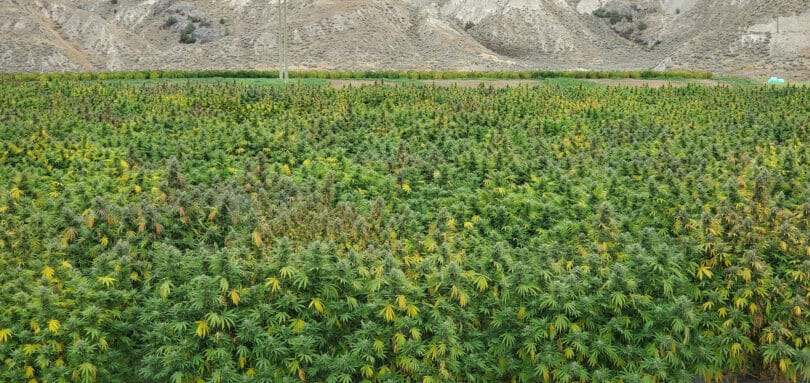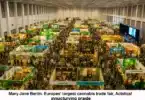The reality of the cannabis industry, is that it used to be focused on hemp before prohibition. Now, we barely speak about hemp at all; and just smoke the stuff. Recently, Pennsylvania began re-embracing the many possibilities that hemp offers; by funneling grant money into hemp programs.
Pennsylvania grants close to $400,000 to hemp programs
Pennsylvania might not be a recreational state (yet), but it has a huge interest in weed. Just not the kind you smoke. Under new leadership, the state has greatly increased its focus on the hemp industry; by creating programs, and funding for different projects. It aims to bring up the educational standard on hemp; and promote the industry to students, and other populations.
On June 15th, Pennsylvania’s Agriculture Secretary Russell Redding, announced that the state was awarding grants to three non-profit programs in the world of hemp. The three programs are geared toward increasing hemp markets for fiber and food, as well as educational programming for everything from kindergarten and up. The grants total $392,265.
The grants cover up to one-half of project costs. Prospective recipients were in a highly competitive situation, in which organizers took special interest in projects that already had other funding, or partnerships. Said Redding in his statement: “Pennsylvania has been making history, building a new hemp industry from roots up. These grants feed the growth of an industry that was once a staple of Pennsylvania’s economy and is once again growing opportunities for new businesses, farm income, jobs, and climate-smart, environmentally sound products.”
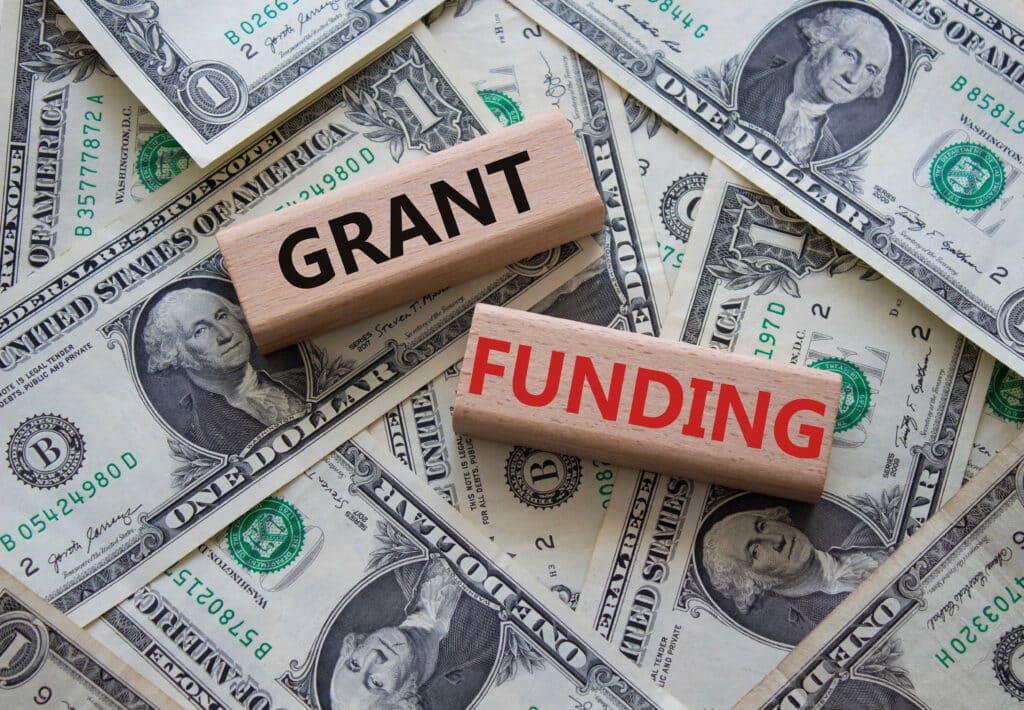
Who got the money, and what will it do?
$56,000 goes to the Pennsylvania Hemp Industry Council. The organization has plans to run a campaign to promote hemp and its benefits, and to look for new avenues for hemp-based products. The Council is working with different groups and organizations – governmental and non – to promote the use of hemp once again in the state.
$20,500 goes to (USEARCH) – the U.S. Ecological Advanced Research & Conservation Hub Hemp Certificate Program for Disadvantaged Communities. The company focuses on researching agricultural technologies and associated products. With the money, it will create educational programming for youth, veterans, women, and other disadvantaged communities; with the aim of getting them involved in the hemp industry.
$315,765 to Vytal Plant Science Research. Vytal plans to present a STEM curriculum (science, technology, engineering, math) to universities and high schools within the state. Students are meant to learn about industrial hemp cultivation, production, and management. The program will focus on the different uses of hemp, including: “food, fiber, fuel, industrial, and personal care products.” Vytal already sponsors research through Penn State’s Central Pennsylvania Research and Teaching Laboratory for Biofuels, on the Harrisburg campus.
How else does Pennsylvania support the hemp industry?
When it comes to hemp, and growing the production industry, Pennsylvania is on a mission. Beyond these recent grants, the state has other programming to get residents educated and involved. The state funds research and development initiatives in universities and other higher learning institutions. And it convened the PA Hemp Steering Committee to create and grow relationships between researchers from different institutions, and cultivators, processors, investors, and insurers.
Pennsylvania also created grants called Specialty Crop Block grants, based on Pennsylvania’s own Farm Bill, separate from the US government’s. This was started before the federal government provided any funding for hemp programs.
Since Governor Shapiro entered office earlier this year, more than $500,000 in grants was given out; which now brings the total in grant investments for increasing the hemp industry to over $1.5 million. The Shapiro administration certainly gives the whole thing a push, but PA has been about increasing its hemp industry for several years now.
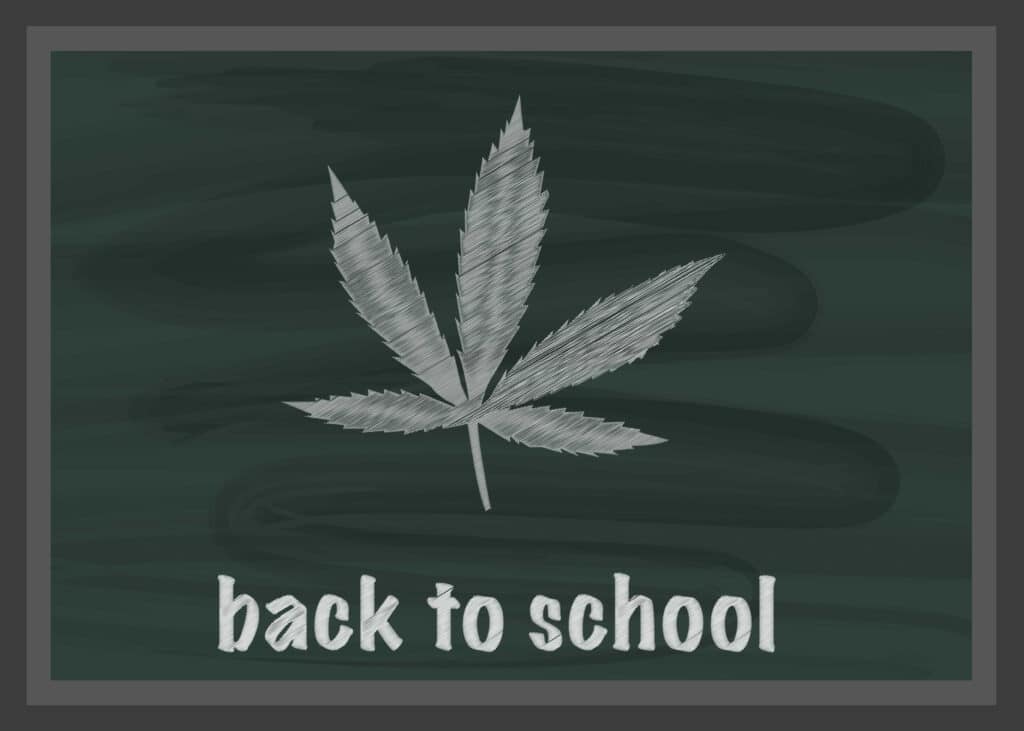
In 2020, a program was instituted through the yearly Farm Show under the theme ‘Cultivating Tomorrow’. It focused on teaching children in kindergarten through high school about how to make hemp plastic, as a sustainable alternative to regular plastic. The program took place on-line, and included different lessons on organic farming methods; raising livestock; and sustainability, for which hemp was the example.
According to the event documentation, “The virtual Farm Show offers daily STEM demonstrations and activities that can be done at home by K-12 students. Lessons include how to make butter, plant-based plastics made from hemp and other sustainable materials, and more.”
More grant money from PA for hemp
The most recent grants announced earlier this month, follow a number of other hemp-related grants given out in the beginning of the year. On January 27th, Russell Redding announced $200,000 in grants to three different companies, all agricultural non-profits. Much like the more recently-announced grants, these were matched-fund grants; meaning up to half of total costs could get covered, but not more. The three enterprises to receive the last round of grants were:
$48,000 to the Urban Affairs Coalition and All Together Now Pennsylvania partnership. Their program is Pennsylvania Hemp Now, described as “an innovative program to promote hemp in building materials and textiles.”
$150,000 to Pennsylvania Hemp Industry Council, from Berks, Chester, and Lehigh counties. It’s program is called Project Invest in PA Hemp. The project “represents six companies coming together to attract investment in industrial hemp producers, agribusinesses and entrepreneurs in Pennsylvania to grow supply chains, product development and distribution.”
$2,000 to Transition Town Media of Delaware and Schuylkill counties. The program is called Promoting Hemp as a Transitional Product to Next Generation Economy. The focus of this project is to raise awareness about the benefits of hemp, and make ‘hemp’ a household word.
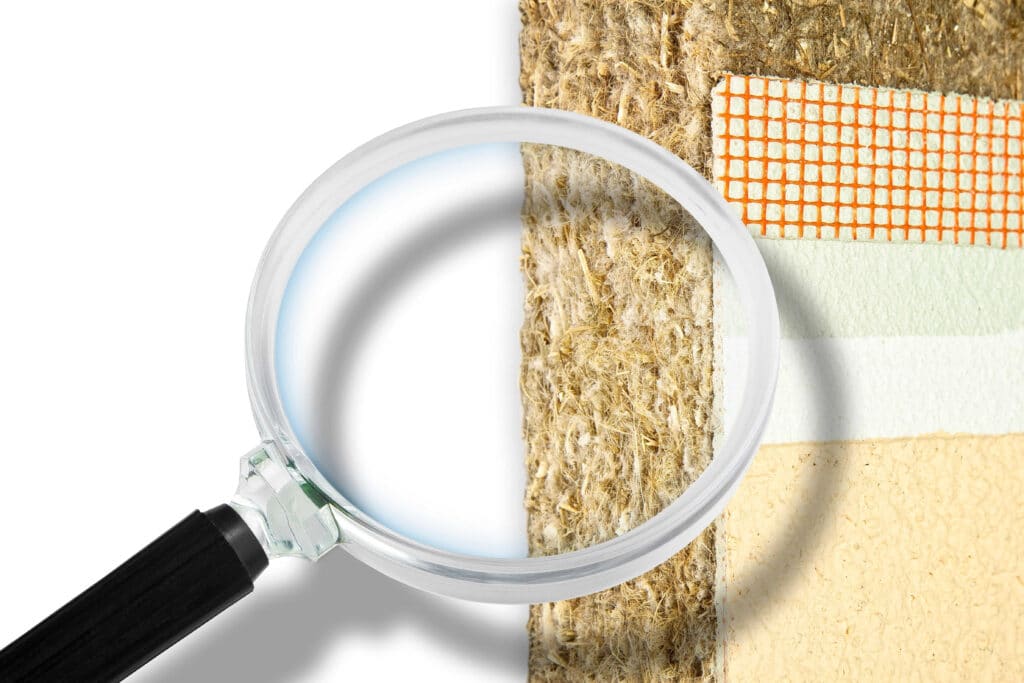
Said Redding at the time of this grant announcement, “Hemp has offered a rare opportunity to grow a Pennsylvania industry from the ground up, springing from a material with seemingly limitless uses in sustainable construction materials, fiber and food products. These grants will boost an industry that was once a staple of Pennsylvania’s economy and is again presenting opportunities for new businesses, farm income, jobs, and climate-friendly, environmentally sound products.”
Why hemp matters
In today’s cannabis world, you could walk right by hemp without understanding the significance. While nearly every media topic is related to legalization efforts for use; the idea of industrial hemp has practically gone by the wayside. I was surprised that at MJBizCon, the biggest global cannabis business convention, all promotional products that could use hemp, did not. This was true of pretty much every vendor I encountered. Every T-shirt, pair of socks, and piece of packaging material, was from cotton or plastic fibers, and paper (mostly the latter two).
It says quite a bit about the difficulty of growing the industry, that the industry itself, isn’t using hemp. Though hemp can act as a sustainable material for, or in place of: plastics, cement, clothing (even leather), paint, paper, batteries, gasoline, and medicine for many ailments; it often isn’t. Even as our own history is rich with hemp, a history which includes forced grow laws in colonial times; most people today have little idea of its applications.
Hemp offers a a cleaner alternative to the industries just mentioned. On the most basic level, we do a lot of damage to our planet. Think of just gasoline and plastics, alone. In terms of gasoline, the US Energy Information Administration put out information that every burned gallon of gasoline, creates about 19 pounds of CO2 emissions. It goes on that in the US, CO2 emissions for 2020 were around 979 million metric tons for automobile and aviation. That’s 21% of all CO2 emissions for the country for that year.
And plastics? Where to begin? That the US produces 80 million tons of plastic waste yearly? That more than one million sea birds and 100,000 marine animals die every year from plastic-related pollution? That one in every three fish caught for our own consumption, has plastic in it? That approximately eight million pieces of plastic waste go into oceans every day, equaling about eight million tons? Sometimes going 11km deep; and sometimes creating areas of ocean that are too toxic to go in, since plastic microbeads make the water a million times more toxic.
Conclusion
Hopefully, more states will go the way of Pennsylvania, and start instituting hemp programs; including education for kids. For now, hemp sits as a fantastic industrial resource, which we generally only smoke.
Thanks for checking out our independent rag! Welcome to Cannadelics.com; a news source in the worlds of weed, psychedelics, (and drugs at large); where we report on the most interesting stories of today. Hang out often to keep up; and subscribe to the Cannadelics Weekly Newsletter, so you’re never late to get the news.

